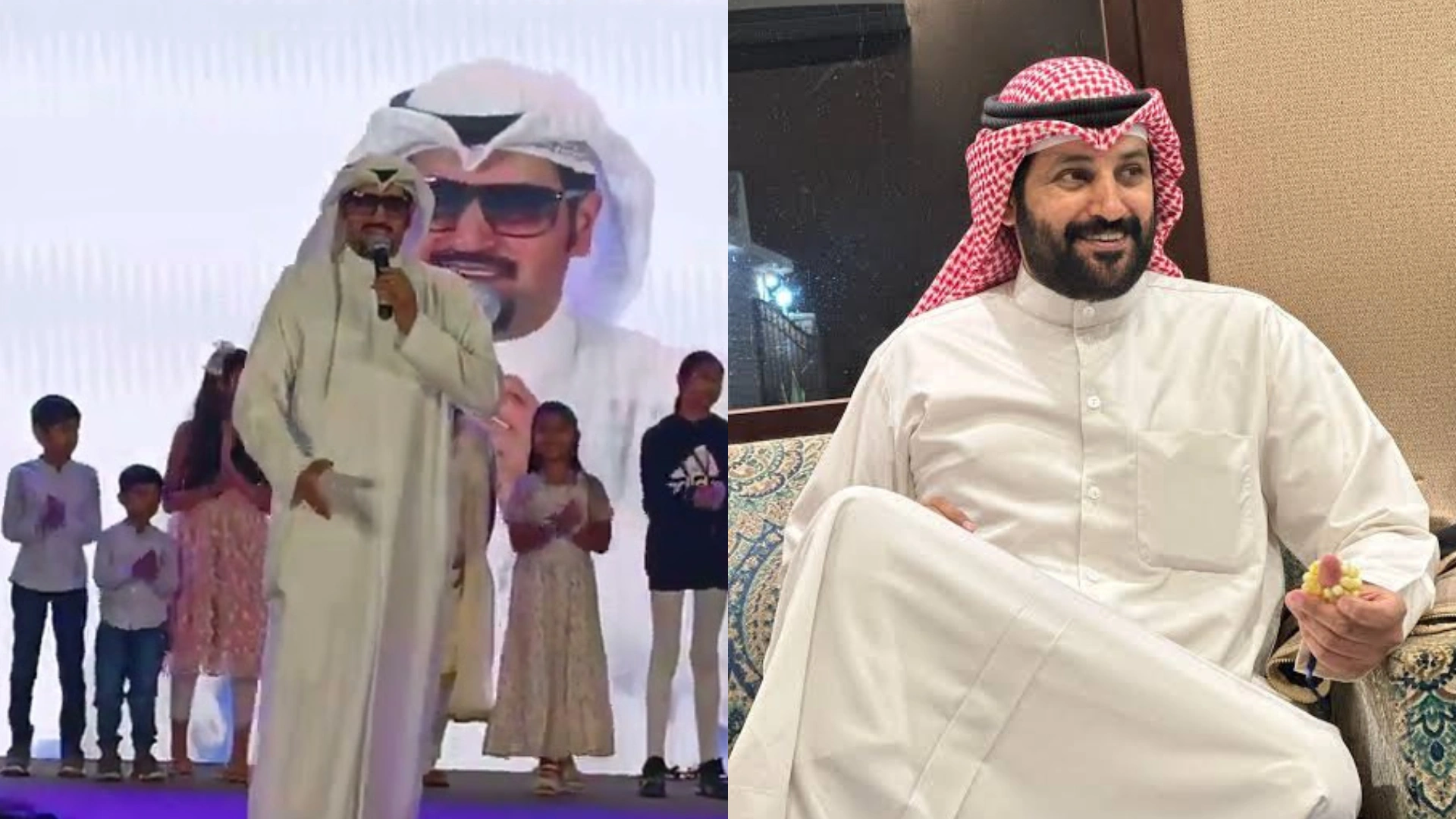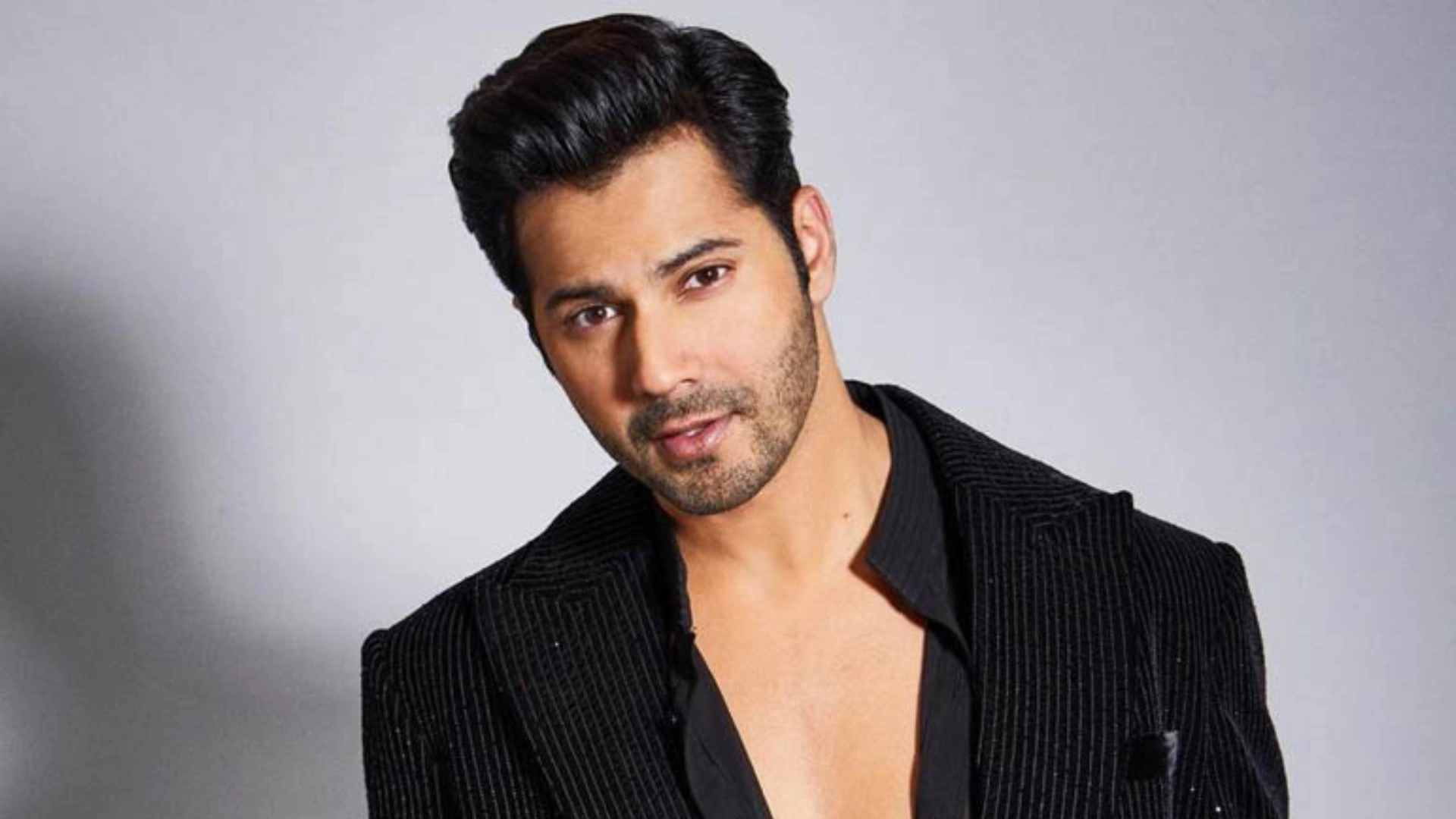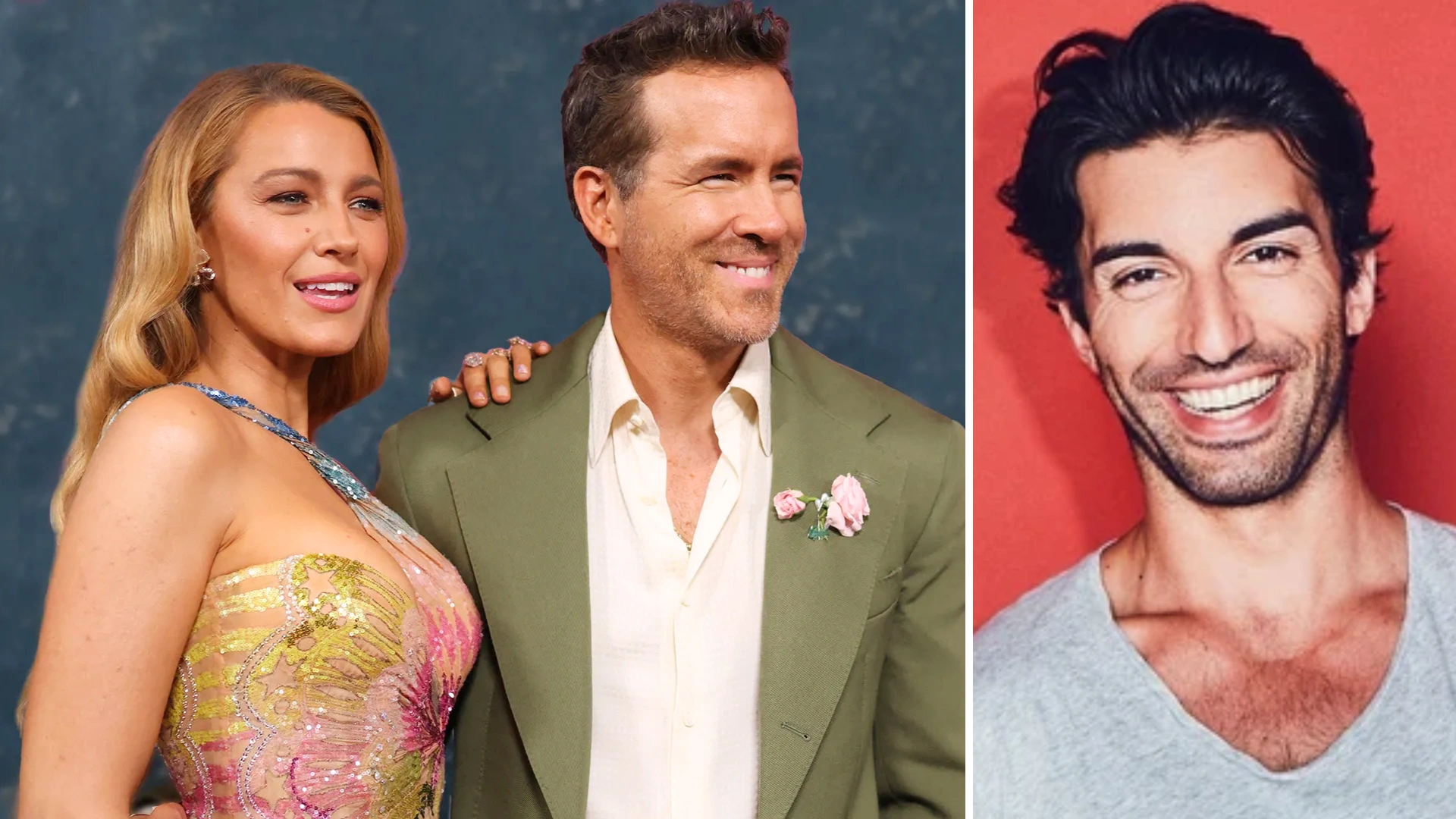The Supreme Court of India has expressed profound concern over the brutal rape and murder of a postgraduate trainee doctor at Kolkata’s RG Kar Medical College and Hospital, labeling the incident as “horrific.” A three-judge bench, led by Chief Justice DY Chandrachud, addressed the case, which has sparked national outrage and calls for urgent reforms to protect doctors, particularly women, in their workplaces.
Key Quotes
Supreme Court Takes Suo Motu Cognizance of Systemic Issues
The Supreme Court’s intervention in this case highlights the broader implications for the safety and security of doctors across India. The bench, which also included Justices JB Pardiwala and Manoj Misra, noted that the Kolkata rape-murder case raises critical “systematic issues regarding the safety of doctors across India.” Chief Justice Chandrachud emphasized the court’s “deep concern” over the lack of secure working conditions for young doctors, a situation that has far-reaching consequences for gender equality in the workplace.
“If women are not able to go to work and conditions are not safe, we are denying them equality,” the Chief Justice remarked, underscoring the fundamental right to a safe working environment for women.
Supreme Court Criticizes Media’s Handling of the Victim’s Identity
Another pressing issue raised by the court was the widespread dissemination of the victim’s identity in the media. The bench expressed its dismay over the fact that the name, photographs, and videos of the victim have been widely circulated, calling this exposure “extremely concerning.”
Call for National Protocols to Ensure Safe Working Conditions
Addressing the grueling work hours faced by young doctors, the court observed, “Most young doctors are putting in 36 hours, we must evolve national protocol to ensure safe working conditions.” The bench’s remarks reflect the urgent need for comprehensive policies to safeguard medical professionals, particularly in high-pressure environments like hospitals.
Scrutiny of RG Kar Hospital’s Principal and Subsequent Appointment Controversy
The court also scrutinized the conduct of Sandip Ghosh, the former principal of RG Kar Medical College, who resigned just two days after the incident. The bench questioned the West Bengal government’s decision to appoint Ghosh as the principal of Calcutta Medical College, despite his conduct being under investigation by the Central Bureau of Investigation (CBI). The CBI has questioned Ghosh for nearly 53 hours over four days, focusing on his actions following the discovery of the doctor’s body.
“When the conduct of the RG Kar Hospital’s principal was under scrutiny, how was he appointed to another college immediately?” the Supreme Court asked, highlighting concerns about the integrity of the appointment process.
West Bengal Government’s Response Under Scrutiny
The Supreme Court also took note of the West Bengal government’s handling of the situation, particularly in relation to the protests that erupted after the doctor’s death. The bench warned against using state power to suppress protestors, stating, “The power of the West Bengal government should not be unleashed on protestors.” The court described this moment as a “time of national catharsis,” emphasizing the need for a measured and just response.
Moreover, the court criticized the state’s failure to maintain law and order at the crime scene, questioning why the West Bengal government was unable to secure the area and protect vital evidence.
National Interest and the Need for Comprehensive Reforms
Chief Justice Chandrachud concluded by emphasizing that the safety of doctors, especially women doctors, is a matter of national interest. He stressed that the principle of equality demands nothing less than comprehensive protections for medical professionals. “The nation can’t wait for another rape for it to take some steps,” the Chief Justice stated, pointing out that while some states have legislations to protect medical professionals, these laws often fail to address the underlying systemic issues.
The Tragic Incident and Nationwide Protests
The tragic discovery of the 31-year-old doctor’s body in the seminar hall of RG Kar Medical College on August 9 has ignited nationwide protests and a demand for justice. A civic volunteer has been arrested in connection with the crime, but the case has highlighted broader concerns about the safety of medical professionals in India.

















